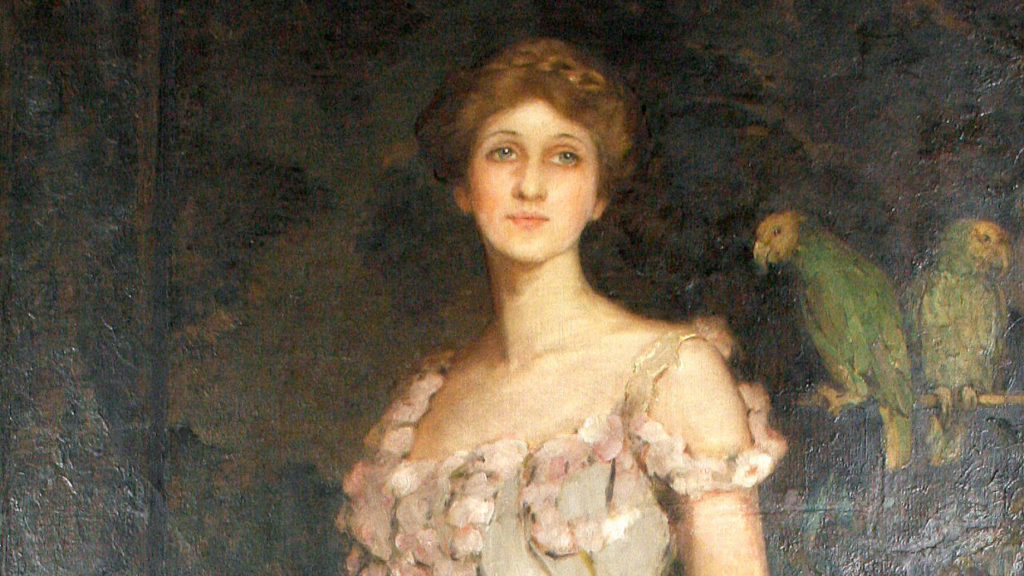“The Measure of My Days” (Penguin Books, $15), by playwright and Jungian analyst Florida Scott-Maxwell, is a minor classic.
Here’s how it starts:
“We who are old know that age is more than a disability. It is an intense and varied experience, almost beyond our capacity at times, but something to be carried high. If it is a long defeat it is also a victory, meaningful for the initiates of time, if not for those who have come less far.”
Her 70s, she avers, were relatively serene. Her eighth decade is another matter altogether:
“Another secret we [elderly people] carry is that though drab outside — wreckage to the eye, mirrors a mortification — inside we flame with a wild life that is almost incommunicable.”
She worries about the future: what will become of the world and especially of young people.
Specifically, she’s troubled by the glut of available information, which would indicate an imminent state of affairs where every detail of life is clearly seen and solved, coupled with the actual “taste of the age”: “a liking for the blurred, the unlabeled, amounting to a preference for sameness, inclusion, oneness. To include and condone is modern, while to differentiate is old-fashioned.”
That was in 1968.
Little could she know that 56 years down the line to differentiate is labeled in many circles a hate crime.
Speaking of which, her insights into male-female relationships are fascinating.
She never plays the grievance card, asking instead for example (these were the days of male breadwinners), what might happen if women got really honest and spoke of the toll work takes on their husbands: hollowing them out so that they’re largely unavailable for family life or emotional intimacy.
At the same time, she speaks of “a wound that has ached in me all my life; the inferiority of women. It lamed me as a child. I still do not see why men feel such a need to stress it. Their behavior seems unworthy, as though their superiority was not safe unless our inferiority was proven again and again. We are galled by it, even distorted by it, mortified for them, and forever puzzled. They have gifts and strengths we lack, achievement has been theirs, almost all concrete accomplishment is theirs, so why do they need to give us this flick of pain at our very being, we who are their mates and their mothers?”
She writes movingly and at depth, in other words, of the age-old conflict — the distance — between women and men. For a woman to admit inferiority, on any level, for any reason, in this culture is to commit heresy.
But male-female paradigm aside, isn’t the truth that we’re all inferior — smaller, weaker, limited — in certain ways? And shouldn’t our response be rigorous honesty, a willingness to own our faults, compassion, and in the end, love?
“We do not often live with the superior side of man — that is generally expressed in his work — but more habitually with his weak, tired, shadow side. We indulge him, restore him, and though we exploit him (this is a mutual game) it often seems to us our role and fate to deal with his inferiority, and conceal it from him. We may do it with wisdom and grace, but usually we project our faults onto each other, all can be beneath comment, and there are times when only mutual forgiveness makes us fit to face each other once more.”
The overriding need and desire of the age, she observes, is to create identity. Great good, she notes, can obviously come from “greater equality, less suffering, a flowering of new talent, new pride, increase in understanding.”
At the same time, the quest for an unreal kind of equality carries a danger: “It is the decrease of individuality on a large scale.”
“Anyone who has become himself will respect himself for his difference and so be respected by all. But this is not equality. Only identical things are equal, and nature is incapable of repeating herself, great artist that she is, so what is the cry for equality, and what will it bring?”
“Isn’t reality the rousing shock we all need, and do we not lose ourselves in pretence if the truth and tragedy of inequality is not accepted? If we could be equal, what would happen to reverence and compassion? … [T]he utter unreality of wishing for equality … would mean that individuality went, goals vanished, and you sank in the static. … Who would be equal to whom? Do we all go as low as we can to prove we are above no one?”
This, of course, is exactly the state of affairs in contemporary culture. Lest someone’s feelings be hurt, we must all participate in increasingly absurd lies. “There is an element of despair in this age, for many inequalities are inherent in nature and cannot be changed.”
As Scott-Maxwell so presciently observes, this line of thinking only ends in a new inequality: biological men “competing” in women’s sports being one glaring example.
“There is a special hate threatening now, when a sameness is being enforced on us, and we feel the impulse to fight for our difference. Should we fight this impulse and find a way of conforming, or should we fight all the rest in a refusal to conform?” she asks.
The answer is clear. It was true in 1968. It’s even truer now.

